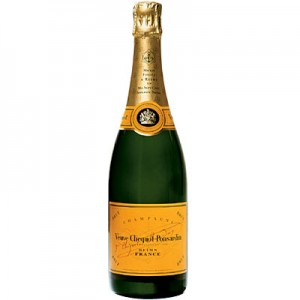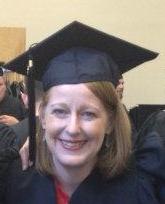
It’s happening already. We’re still in the one-month countdown before our year in Paris, but the humbling has begun. I don’t expect sympathy, since every time I tell people I’m moving to Paris for a year I cede the right to complain. Everything is “super-chouette.”
My daughter started using that phrase after returning from her two-week French immersion camp. From what I can tell, it means “awesome.” She used to admire my French-speaking abilities so much, she’d say, “I wish I were you.” Now she says, “My counselors were more fluent” and corrects my accent. She was born dressing like a French girl: in skirts, not shorts; with leather shoes, not sports sandals. Her instinct for chic is as mysterious to me as how to use the subjunctive.
Last week I met Lisa, a woman who recently spent two years in Paris. She is fortyish and pretty, svelte and blonde, and a snappy dresser. “You look cute,” I said, admiring her skinny boots and skirt with a bird on it (this was Portland, after all). “You do, too,” she said, “but neither of us look cute enough for Paris.” It wasn’t an insult, just an in-joke.
My husband and I have started receiving invitations for events at our daughter’s new school. The first fundraiser will be a champagne-tasting party at the Czech Embassy. “What fun!” my husband said to me. “What in the world can I possibly wear to that? I said to myself.” I’ll have to ask my daughter, whose French will soon be better than mine—and whose fashion sense already is.

